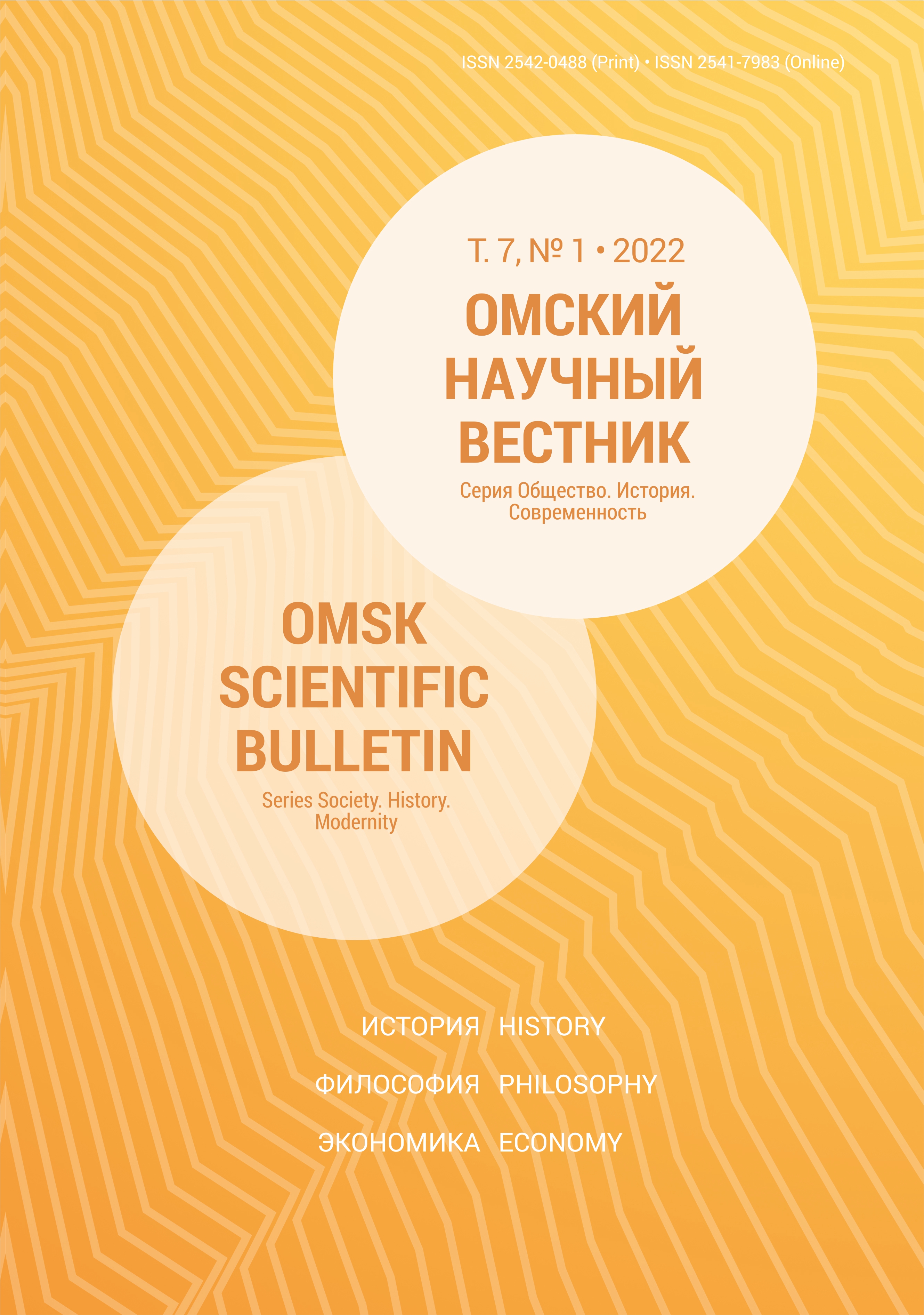Definitions and methodological principles in theory of knowledge
DOI:
https://doi.org/10.25206/2542-0488-2022-7-1-91-96Keywords:
theory of knowledge, empiricism, knowledge by acquaintance, knowledge by description, definition, methodological principles, external worldAbstract
TA translation of an article by the great British philosopher Bertrand Russell on the conceptualisation of the philosophical foundations of epistemology is presented. It formulates key definitions and justifies the methodological principles on the basis of which will be possible to construct theories consistent with the ideas of empiricism and the concept of knowledge by acquaintance. Drawing on concrete examples as well as the theses on the logical conditioning of the methods of cognition, Russell lays the foundation for the theory of neutral monism, which became the basis of his epistemological ideas in the early period of his work.
Downloads
Published
How to Cite
License
Non-exclusive rights to the article are transferred to the journal in full accordance with the Creative Commons License BY-NC-SA 4.0 «Attribution-NonCommercial-ShareAlike 4.0 Worldwide License (CC BY-NC-SA 4.0»)




